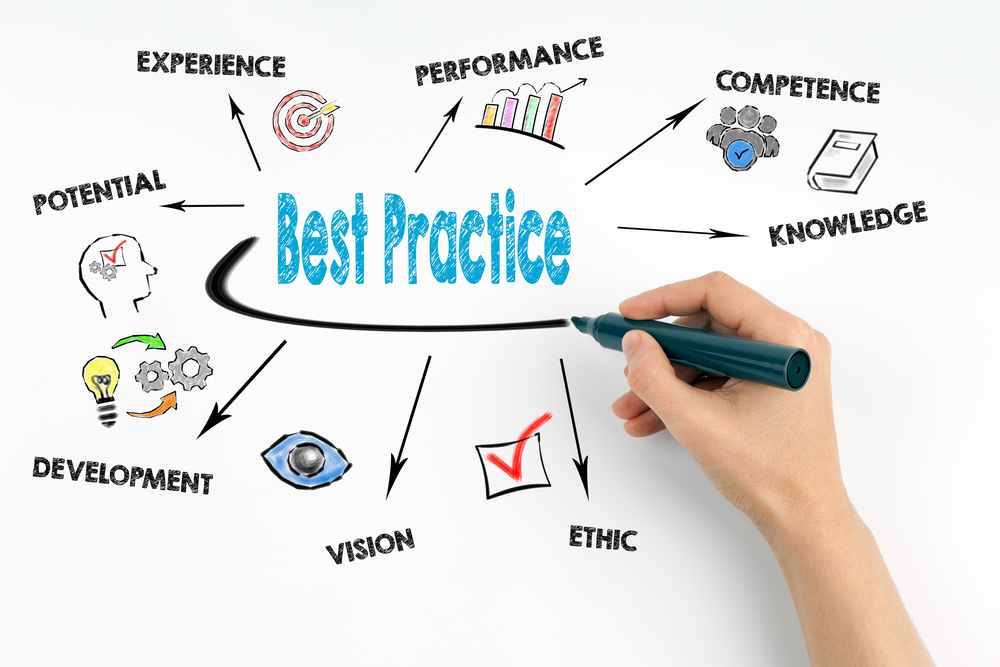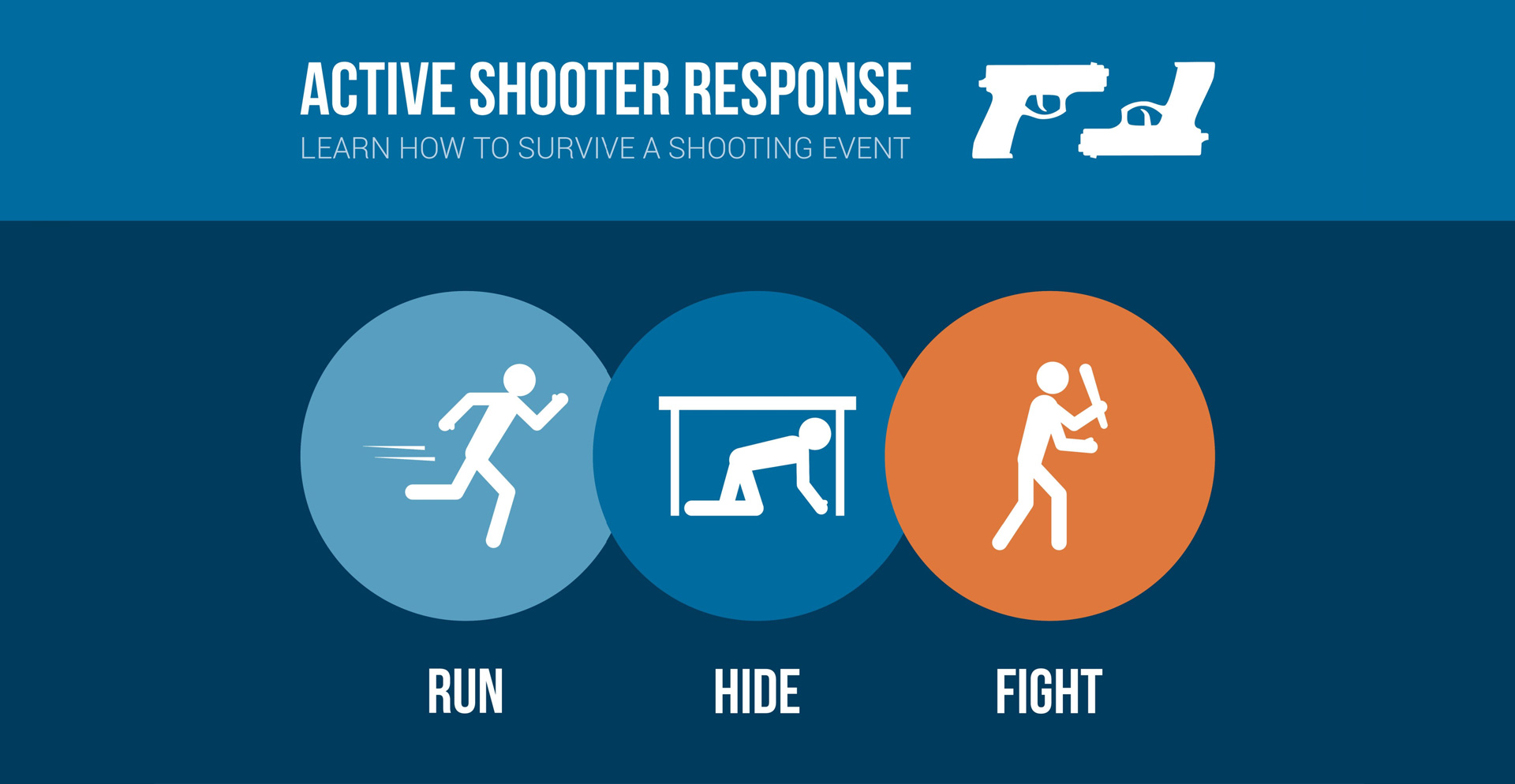May 17 | 12:00 pm – 1:00 pm EST
“Why should I comment? You’ve already made up your mind.” Combat this phrase by closing the public feedback loop before your next engagement. Learn to incorporate public input and demonstrate the value of their insight. Don't just check the box. Increase public understanding of proposed solutions, increase credibility, reduce controversy and foster transparent decision making.
Attendee Takeaways:
1. Differentiate the types of public input that are useful for your project
2. Formulate ways in which public input may shape the planning process
3. Describe ways to close the feedback loop with the public to build trust
Presenter

Amy Livingston, Public & Stakeholder Involvement Discipline Leader, CDM Smith
Amy is the national public involvement discipline leader for CDM Smith and has over 14 years of experience in public engagement, communications and marketing. Passionate about solving complex problems and building consensus, her expertise is in developing and executing public engagement strategies for complex infrastructure and policy projects, including outreach to traditionally underserved populations. Most recently, she has focused on virtual and hybrid engagement and authored a best practices report for the US Army Corps of Engineers on the subject.








